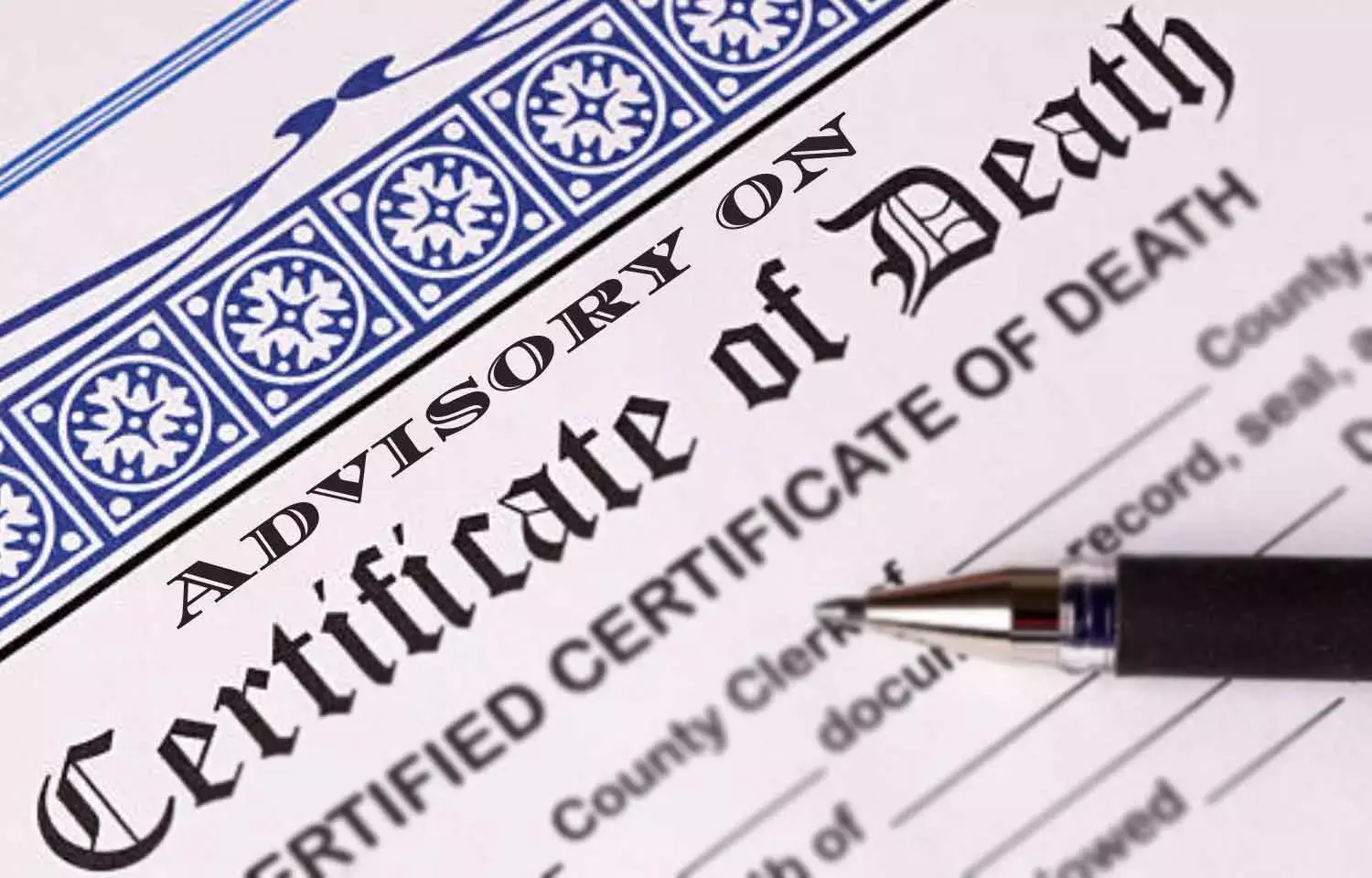- Home
- Medical news & Guidelines
- Anesthesiology
- Cardiology and CTVS
- Critical Care
- Dentistry
- Dermatology
- Diabetes and Endocrinology
- ENT
- Gastroenterology
- Medicine
- Nephrology
- Neurology
- Obstretics-Gynaecology
- Oncology
- Ophthalmology
- Orthopaedics
- Pediatrics-Neonatology
- Psychiatry
- Pulmonology
- Radiology
- Surgery
- Urology
- Laboratory Medicine
- Diet
- Nursing
- Paramedical
- Physiotherapy
- Health news
- Fact Check
- Bone Health Fact Check
- Brain Health Fact Check
- Cancer Related Fact Check
- Child Care Fact Check
- Dental and oral health fact check
- Diabetes and metabolic health fact check
- Diet and Nutrition Fact Check
- Eye and ENT Care Fact Check
- Fitness fact check
- Gut health fact check
- Heart health fact check
- Kidney health fact check
- Medical education fact check
- Men's health fact check
- Respiratory fact check
- Skin and hair care fact check
- Vaccine and Immunization fact check
- Women's health fact check
- AYUSH
- State News
- Andaman and Nicobar Islands
- Andhra Pradesh
- Arunachal Pradesh
- Assam
- Bihar
- Chandigarh
- Chattisgarh
- Dadra and Nagar Haveli
- Daman and Diu
- Delhi
- Goa
- Gujarat
- Haryana
- Himachal Pradesh
- Jammu & Kashmir
- Jharkhand
- Karnataka
- Kerala
- Ladakh
- Lakshadweep
- Madhya Pradesh
- Maharashtra
- Manipur
- Meghalaya
- Mizoram
- Nagaland
- Odisha
- Puducherry
- Punjab
- Rajasthan
- Sikkim
- Tamil Nadu
- Telangana
- Tripura
- Uttar Pradesh
- Uttrakhand
- West Bengal
- Medical Education
- Industry
Death Certificate Guidelines issued by Tamil Nadu Medical Council

Chennai: Referring to the fact that death certificates serve the critical functions of providing documentation for legal/administrative purposes and vital statistics for epidemiologic/health policy purposes, the State Medical Council in Tamil Nadu has issued an advisory for the doctors in this regard.
The Council has also reminded the registered medical practitioners in the State that issuing death certificates can have medico-legal implications and therefore, a doctor should only provide a Death Certificate if he/she has attended the deceased while alive, has attended the patient within 14 days before death, is satisfied with the reason of death.
"Death certificates serve the critical functions of providing documentation for legal/administrative purposes and vital statistics for epidemiologic/health policy purposes. Issuing a death certificate is one of the onerous duties of the RMP, which can have medico-legal implications. Hence, the RMP must verify all the relevant facts before issuing a death certificate," read the advisory dated 12.04.2022, issued by the Registrar of the Council, Dr. R. Shanmugam.
The guidelines that the doctors need to follow as per the Tamil Nadu Medical Council advisory are as follows,
1) This is a Medical Certificate to be issued by a Registered Medical Practitioner (RMP), who:
- Form No. 4 has to be issued for death as inpatient in a hospital by the RMP who treated the patient.
- Form No. 4 A is issued by the RMP for non-institutional deaths, for the patients on treatment with the RMP.
- Form No. 4 A should not be used for still births.
The Council at that time had also pointed out that Life Certificate is an Identity Certificate for confirming if the person is alive (for pensioners and registration purposes, etc.) and on many occasions impersonators walk in with fake IDs.
To view the recent TNMC advisory on Death Certificate, click on the link below.
https://medicaldialogues.in/pdf_upload/tamil-nadu-medical-council-fake-death-certificate-174219.pdf
M.A in English Barsha completed her Master's in English from the University of Burdwan, West Bengal in 2018. Having a knack for Journalism she joined Medical Dialogues back in 2020. She mainly covers news about medico legal cases, NMC/DCI updates, medical education issues including the latest updates about medical and dental colleges in India. She can be contacted at editorial@medicaldialogues.in.


